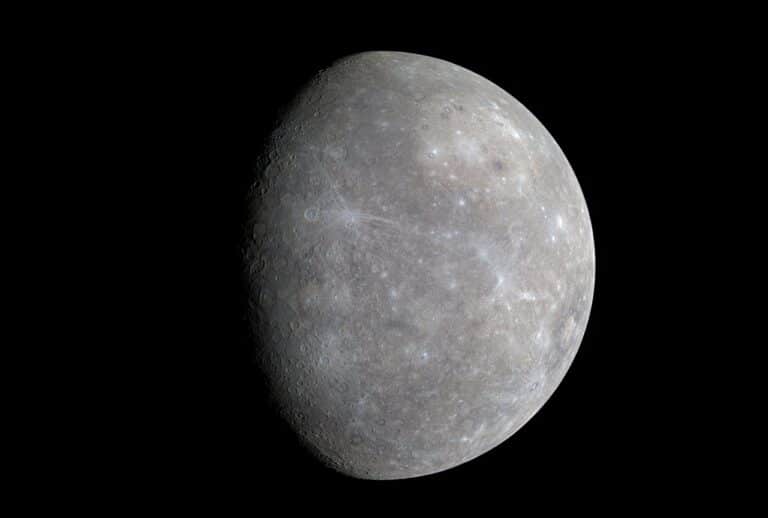New Research Indicates Two Meteorites Could Origin from Mercury

Scientists have made a significant breakthrough in the study of meteorites potentially originating from Mercury. While numerous meteorites from Mars and the Moon have been documented, none have been confirmed from Mercury, the closest rocky planet to Earth. A recent study suggests that two meteorites, Ksar Ghilane 022 and Northwest Africa 15915, may indeed have Mercurian origins. These findings could provide invaluable insights into the planet’s surface material, contingent upon overcoming the technical challenges and costs associated with sending a spacecraft to Mercury.
New Meteorite Samples Show Strong Similarities
Recent research published on Physics.org highlights that previous meteorite samples, such as NWA 7325 and certain aubrites, were once thought to be from Mercury. However, inconsistencies in their mineral compositions compared to data from NASA’s Messenger mission have raised doubts. Aubrites, which formed on a planet similar in size to Mercury, lack the spectral and chemical characteristics that would link them to the planet. In contrast, the newly identified Ksar Ghilane 022 and NWA 15915 exhibit several traits consistent with Mercury’s crust, including the presence of olivine, oldhamite, pyroxene, and minor albitic plagioclase. Notably, the oxygen composition of these meteorites aligns with that of aubrites, suggesting a shared planetary origin and positioning them as strong candidates for Mercurian meteorites.
Key Differences Raise Scientific Questions
Despite the promising similarities, significant differences remain between the new meteorites and Mercury’s surface material. Notably, Ksar Ghilane 022 and NWA 15915 contain much less plagioclase than what is found on Mercury’s surface. Furthermore, these meteorites are estimated to be approximately 4.528 billion years old, predating the surface material of Mercury. If these meteorites are indeed from Mercury, they may represent an ancient crust that has since disappeared from the planet’s surface, raising intriguing questions about the planet’s geological history and evolution.
Future Missions and Scientific Verification
Establishing a definitive link between meteorites and their planetary origins is inherently challenging without direct samples. Currently, the BepiColombo mission is orbiting Mercury and is expected to provide critical data that could help confirm the origins of these meteorites. Understanding Mercurian meteorites could yield essential insights into the formation, composition, and history of Mercury. Researchers plan to present further findings at the Meteoritical Society Meeting in 2025 in Australia, where they hope to share more about the implications of these discoveries for planetary science.
Observer Voice is the one stop site for National, International news, Sports, Editor’s Choice, Art/culture contents, Quotes and much more. We also cover historical contents. Historical contents includes World History, Indian History, and what happened today. The website also covers Entertainment across the India and World.

